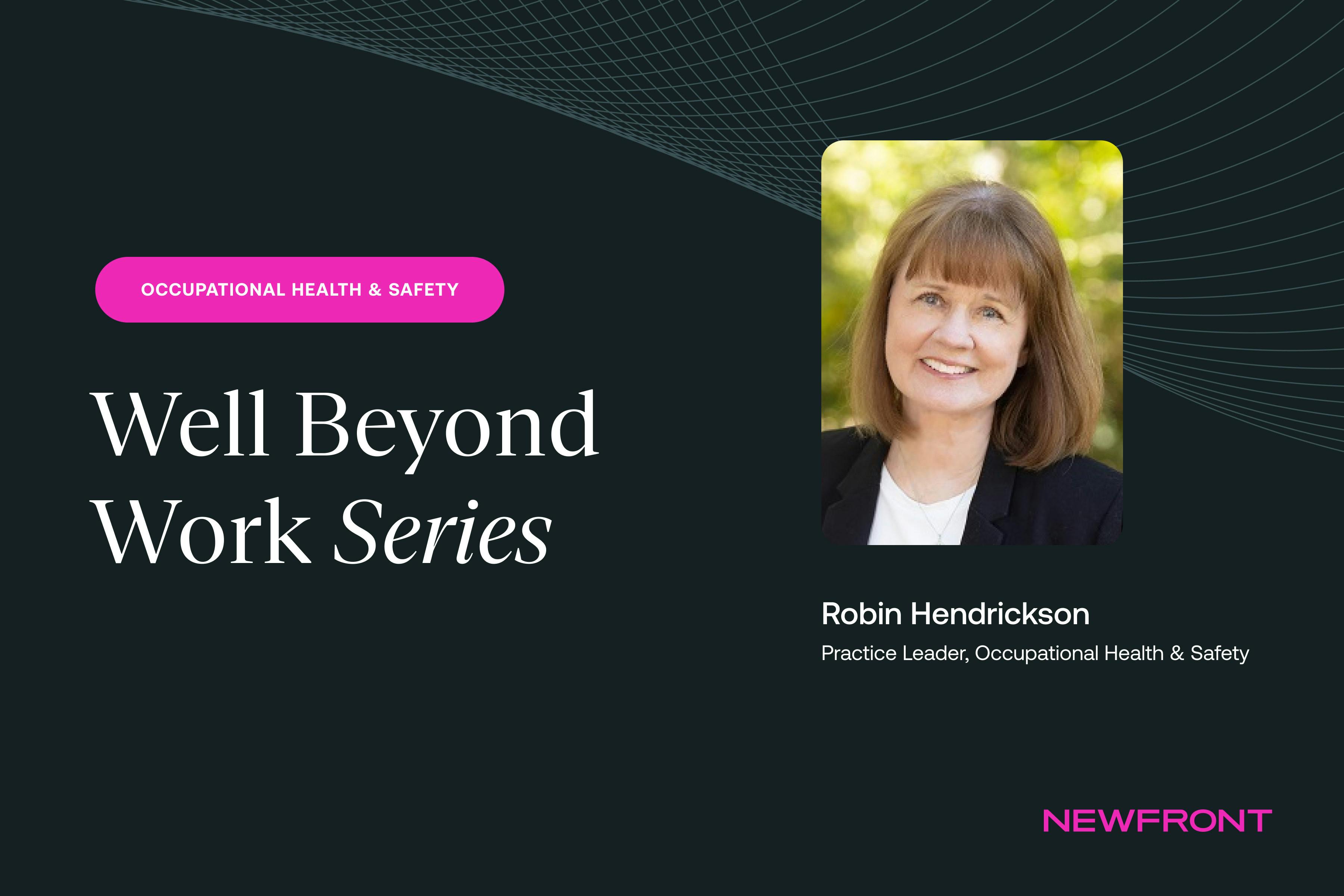Navigating the Wildfires: Claims and Recovery
By Newfront | Published September 25, 2020

Claims and Recovery
Once the smoke has settled, both literally and figuratively, and damage has been assessed, the financial impact of a wildfire will begin to sink in. Wildfires cost millions. They can cause loss not only to structures but to personal property, autos, business inventory, and business income. Losses may be due to smoke, heat, soot, and water as well. Evacuation orders and road closures can also be costly for businesses. No matter what the scenario you experienced is, if the financial impact is notable, you will want to get your insurance carrier involved.
Here are the steps we suggest taking if you will be filing an insurance claim:
You do not need to have all the details or answers to get the process started. Knowing you have suffered a loss is enough to begin the process.
For Newfront commercial clients reporting property (including business interruption), automobile, general liability, or any other commercial P&C claim call 877-885-3656. Calls will be routed to our claims team members who will follow up with you to provide guidance as soon as possible.
For private clients and personal lines (homes) call 866-266-5223 and ask to speak to a member of your service team.
If you need to report workplace injuries, you will need to do so through your workers compensation carriers.
Step 2: Document, document, document
A well-organized, well-documented submission to your carrier will assist adjusters and ensure you are paid promptly and reasonably. Here are some suggestions:
Provide a list of all damage. Support that list with evidence such as photos or video. The list should include all:
Establish the value of insured personal property. Original purchase receipts, pre-loss photos or videos are all helpful in establishing value.
List and provide receipts for any remediation done immediately following the loss (prior to getting insurance involved). Any work done after the carrier is put on notice should only be done with the approval of the adjuster.
Additional Guidance for Businesses:
Keep in mind this is a process and settlement may take a while. You can always ask your carrier for partial advance payments on the loss, especially if you have documentation to support those expenses.
structural damage
items needing to be repaired or replaced
personal property lost
inventory lost
This may not be necessary for total losses. Some carriers will waive the need for a list and simply pay a percentage of the policy’s limit. Check with your adjuster.
Prepare and maintain a timeline of impact to your business (i.e. a direct shutdown, reduction in business, increase in operating costs, cost inefficiency, impact to supplier or customer, impact to employees, etc.)
Track and document key operating statistics, both historical and actual during the loss period.
All operational expenses incurred due to the fire should be charged to a separate general ledger account. Maintain all documents (estimates, PO’s, contractors, invoices, and receipts).
Step 3: Work with your Adjuster
Upon notification of a claim, a carrier will assign an adjuster to handle that claim from investigation to evaluation to settlement. Adjusters are not all the same and understanding the type of adjuster you are working with is important. Click here to learn more about the different types of adjusters.
Here are a few tips when dealing with adjusters:
Tip #1: Don’t be afraid to ask questions. Brokers and adjusters are here to answer your questions and we actually appreciate an insured wanting to understand coverage. Understanding your claim and your policy will ensure you are getting the full benefits your policy has to offer. Newfront Claims Consultants and adjusters assigned by the carriers are also a wealth of information because they do this all day, every day. They can likely provide beneficial tips and suggestions if you ask.
Tip #2: Don’t be afraid to “educate” the adjuster on your loss. An adjuster only knows what you tell them about your loss so communicating throughout the process is important.
Tip #3: Communicate Regularly. Regular communication with your adjuster will go a long way to ensure your claim is settled as efficiently as possible. Having open lines of communication during the claims process can also ensure you are aware of any issues, delays or discrepancies sooner than later. If you are not satisfied with the adjuster’s claims handling, communicate that to Newfront. We can often assist by escalating or having the claim re-assigned.

Newfront
Newfront is a modern brokerage transforming the risk management, business insurance, total rewards, and retirement services space through the combination of elite expertise and cutting-edge technology. Specializing in more than 20 industries and headquartered in San Francisco, Newfront has offices nationwide and is home to more than 800 employees serving organizations across the United States and globally.


